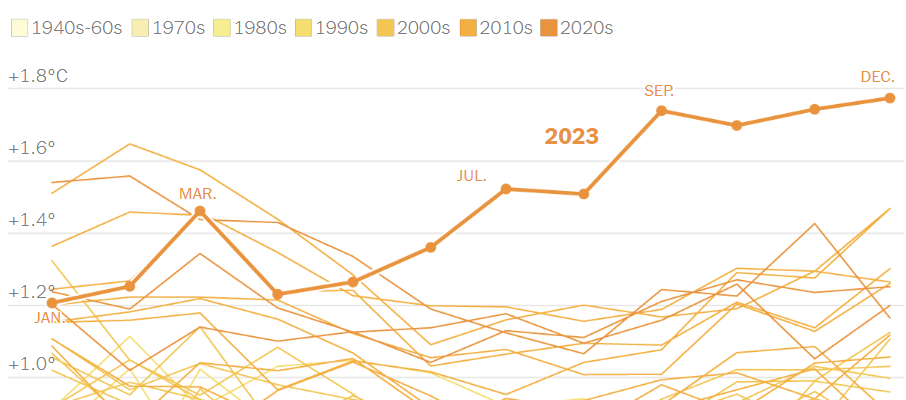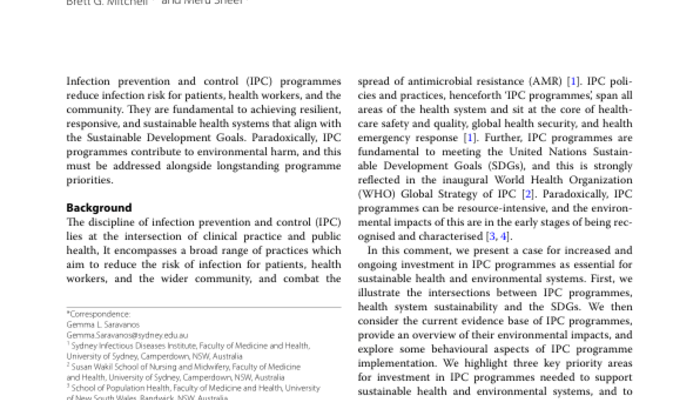Ditrolic Energy has successfully secured $673m in funding to develop solar projects across the Asia Pacific region.
Malaysia-based Ditrolic Energy has secured a capital injection of $673m (RM3.18bn) to support the development of solar energy projects in the Asia-Pacific region. The funding, obtained through a partnership with a BlackRock-affiliated vehicle, will be used to advance over 1GW of solar projects in emerging markets within the region. Ditrolic Energy, founded in 2009, manages […]










